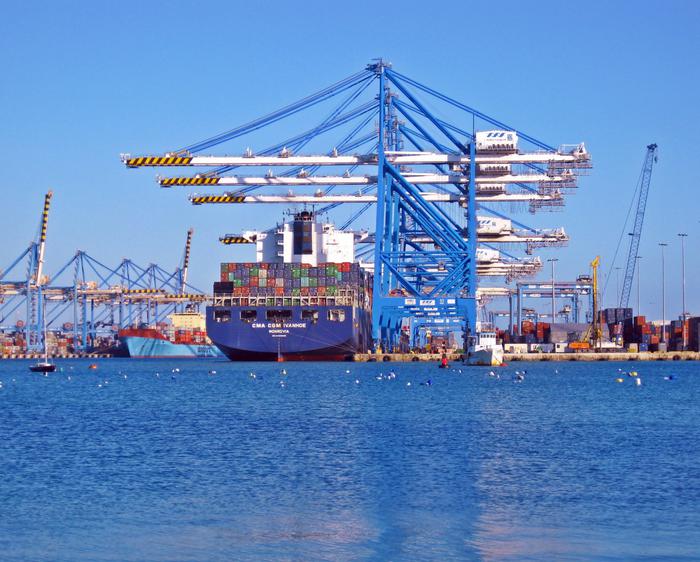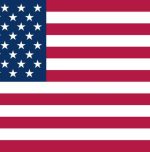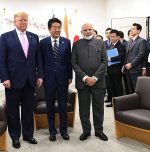India responds to Trump’s tariff on imports

Amid rising global attention on former US President Donald Trump’s decision to impose a 25% tariff on Indian imports, the Indian government has opted for a measured and diplomatic response.
Rather than retaliate, India is preparing to engage in negotiations with the United States to resolve the issue in a manner that benefits both countries.
The tariffs, set to take effect on August 1, were announced by Trump as a response to India’s continued oil imports from Russia and what he described as longstanding trade barriers.
The decision has come at a time when both nations have been in ongoing discussions over a broader trade agreement, although no final deal has been reached.
While the announcement has triggered concern among some economists and political figures in India, the government has signalled that it does not view the move as a major threat.
Authorities are focusing on maintaining calm, with plans to address the matter through formal trade talks rather than aggressive countermeasures.
Trump, in his statement, criticised India’s tariff structure and non-monetary trade restrictions, stating that trade between the two countries remains limited despite their strategic partnership.
He also made sharp remarks about India’s economic ties with Russia, characterising both economies in highly negative terms.
In India, the opposition, particularly the Congress party, used the occasion to criticise the government’s handling of the economy.
Congress leader Rahul Gandhi echoed Trump’s comments to accuse the ruling party of weakening India’s economic foundations.
Meanwhile, the Union Commerce Ministry, led by Piyush Goyal, has begun consultations with exporters, MSMEs, and industry leaders to assess the potential impact of the US tariffs.
The government is evaluating all possible responses while reiterating its commitment to protect the interests of Indian businesses, workers, and farmers.
Drawing from historical experience, officials pointed out that India has faced external pressure before, notably during the 1998 nuclear tests, and emerged stronger.
The current approach reflects confidence in India’s growing economic resilience and a preference for diplomacy over escalation.
India is expected to continue dialogue with the US while working closely with stakeholders to minimise any adverse effects of the tariff hike.
Image from Pxhere (Free for commercial use / CC0 Public Domain)
Image Published on March 21, 2017
Image Reference: https://pxhere.com/en/photo/1222170









